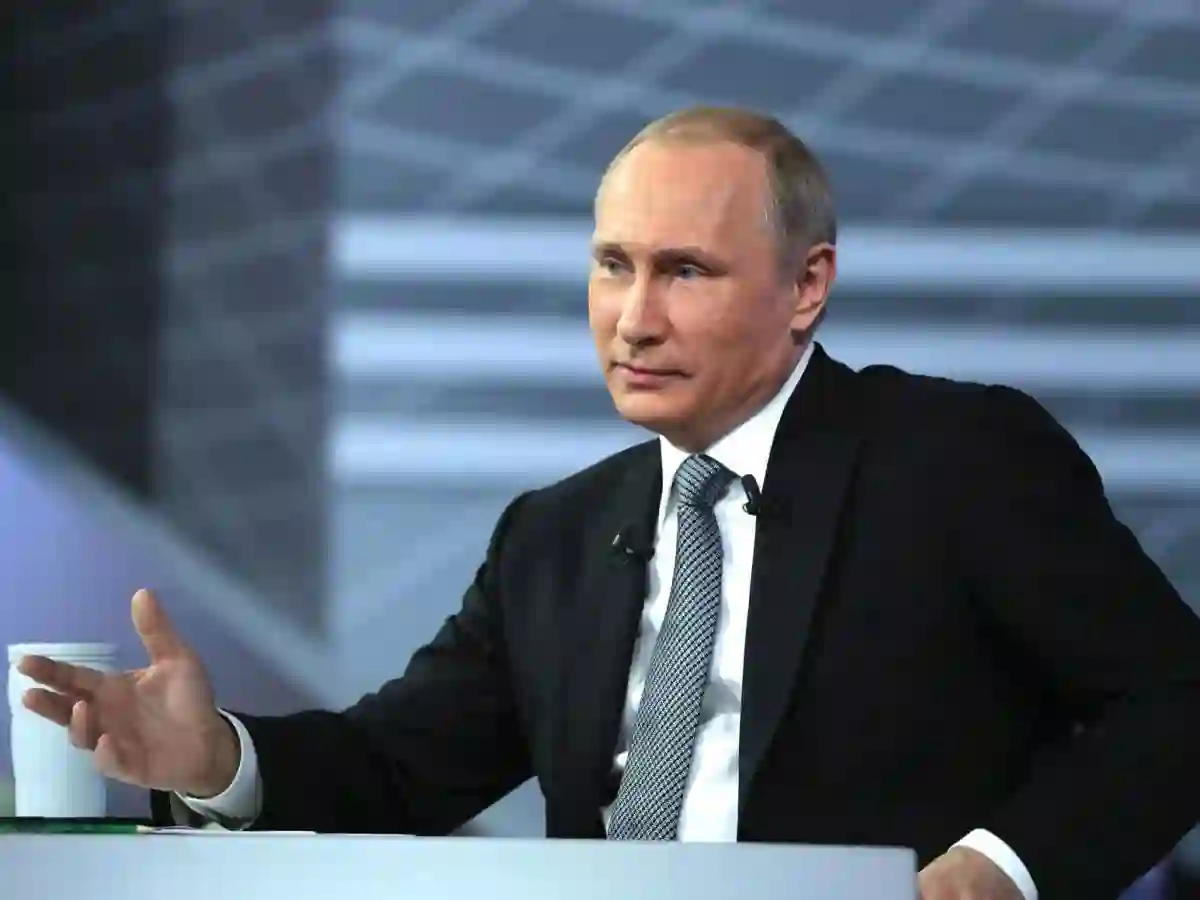While U.S. President Donald Trump is turning up the heat on Russia with bold new threats, it doesn’t look like Vladimir Putin is flinching.
Despite being given a 10-day ultimatum to resolve the war in Ukraine—or face steep sanctions and 100% tariffs—Putin appears as defiant as ever.
Insiders say the Russian leader isn’t about to bow to outside demands. In fact, he still believes time is on his side.
Putin Doubts Sanctions Will Change the Course
According to sources close to the Kremlin, Putin remains committed to what he sees as Russia’s national mission: regaining control of contested territories in Ukraine and pushing for peace—but only when the situation on the ground favors Moscow.
He’s not dismissing his relationship with Trump entirely.
In fact, sources say he’s careful not to ruin what could be a rare chance to improve ties with Washington.
Still, Putin is skeptical that this latest wave of U.S. pressure will accomplish anything meaningful.
Meeting With Lukashenko Shows Putin Still Wants Talks—On His Terms
On August 1st, Putin met with Belarusian President Alexander Lukashenko on Valaam Island.
During the visit, he reiterated that Russia remains open to talks with Ukraine—just not under pressure or on the West’s timeline.
According to Putin, real diplomacy happens in quiet, behind closed doors—not through flashy ultimatums.
“If Kyiv isn’t ready to negotiate, Moscow’s prepared to wait,” he said.
And, in classic Putin fashion, he added: “All disappointments arise from inflated expectations.”
Trump Targets India Over Russian Oil Deals
Meanwhile, Trump is trying to tighten the screws on Russia’s international partners—starting with India.
He announced plans to hike tariffs dramatically on Indian goods if the country doesn’t scale back its purchases of Russian oil.
“We’ve held at 25 percent, but that’s about to change,” Trump warned.
He’s also floated the idea that if global oil prices drop by another $10, it could pressure Russia into ending the war.
But India isn’t budging.
India Pushes Back and Defends Its Oil Policy
India’s government was quick to push back against the accusations.
Foreign Ministry spokesperson Randhir Jaiswal called the pressure “unfounded” and insisted India would continue making decisions based on its own national interest.
In short: India isn’t letting Washington dictate its energy strategy.
Indian Analyst Calls Out Western Double Standards
Indian political analyst Pravesh Kumar Gupta chimed in with sharp criticism of the U.S. approach.
He accused the West of hypocrisy—buying goods from Russia while telling others to stop.
He also hinted at Trump’s tendency to make bold moves for headlines and legacy, saying Trump could easily change course if it meant scoring a diplomatic win—or even a Nobel Peace Prize.
Israel Quietly Steps Into a Mediation Role
While tensions between the U.S. and Russia escalate, another player is trying to cool things down.
Israeli Prime Minister Benjamin Netanyahu has reportedly been acting as a behind-the-scenes mediator between Washington and Moscow.
According to Israeli media outlet Kan, Netanyahu has already held several quiet conversations with Russian officials—with Trump’s knowledge and support.
The goal? De-escalate the rising tensions and open new channels for dialogue.
Putin and Netanyahu Stay in Contact Amid Global Tensions
Putin and Netanyahu have spoken at least twice in the last two weeks—first on July 28, and again on August 4.
While details of their conversations are under wraps, it’s clear that Israel is positioning itself as a potential peace broker between two global heavyweights.
Where Things Stand Now
With Trump turning to tariffs, Putin standing firm, and India refusing to fold, it’s clear that this diplomatic standoff is far from resolved.
But with quiet mediators like Israel stepping in, there’s still a chance for dialogue—if everyone’s willing to talk behind the scenes instead of on the global stage.
